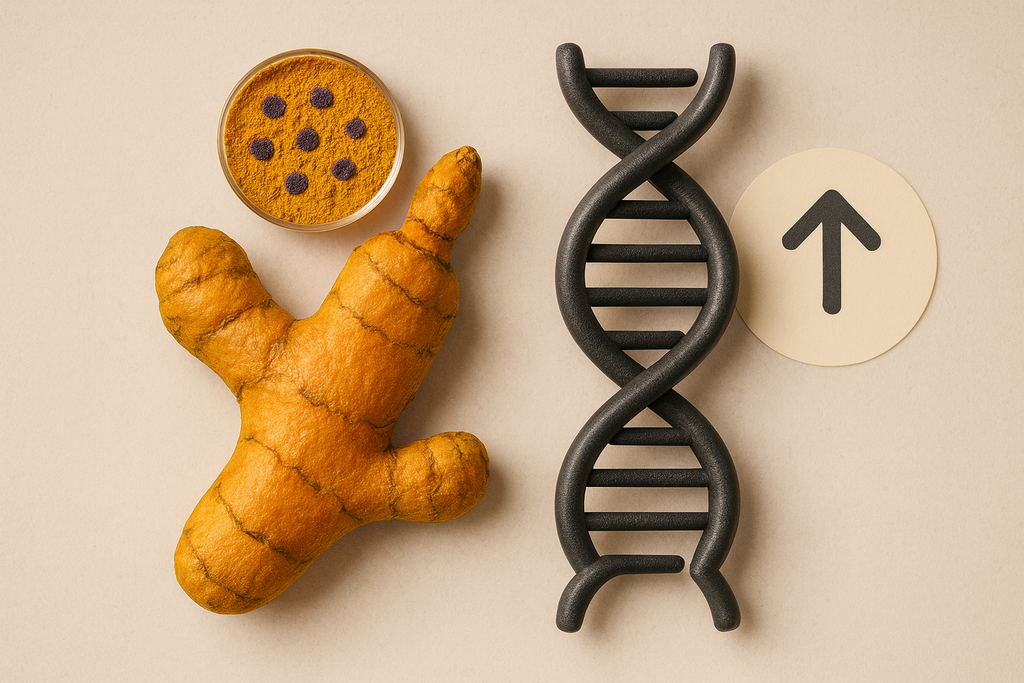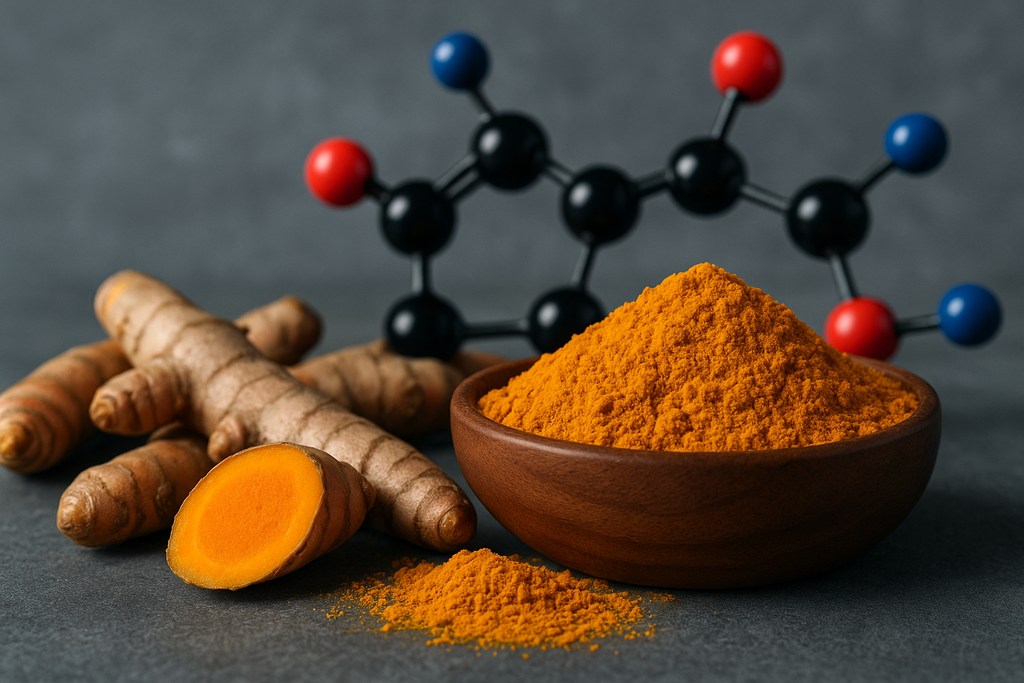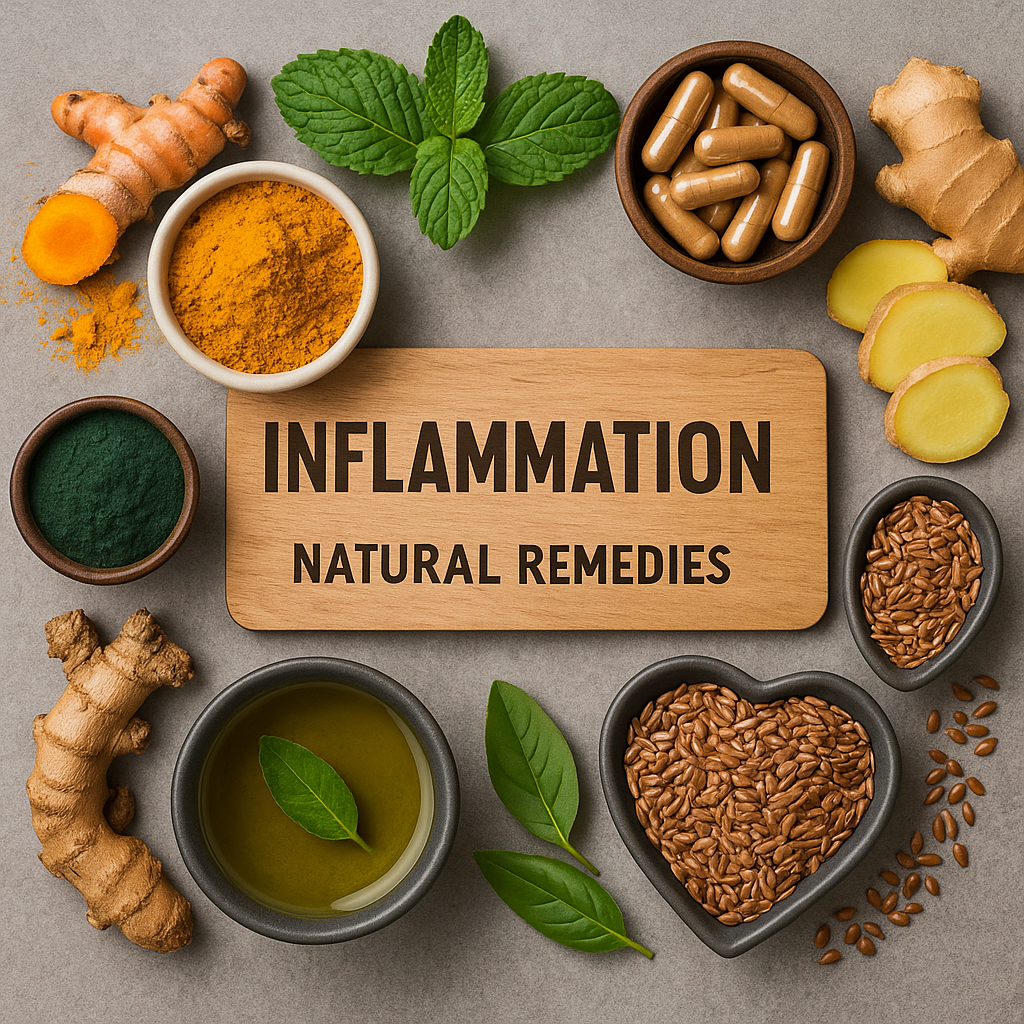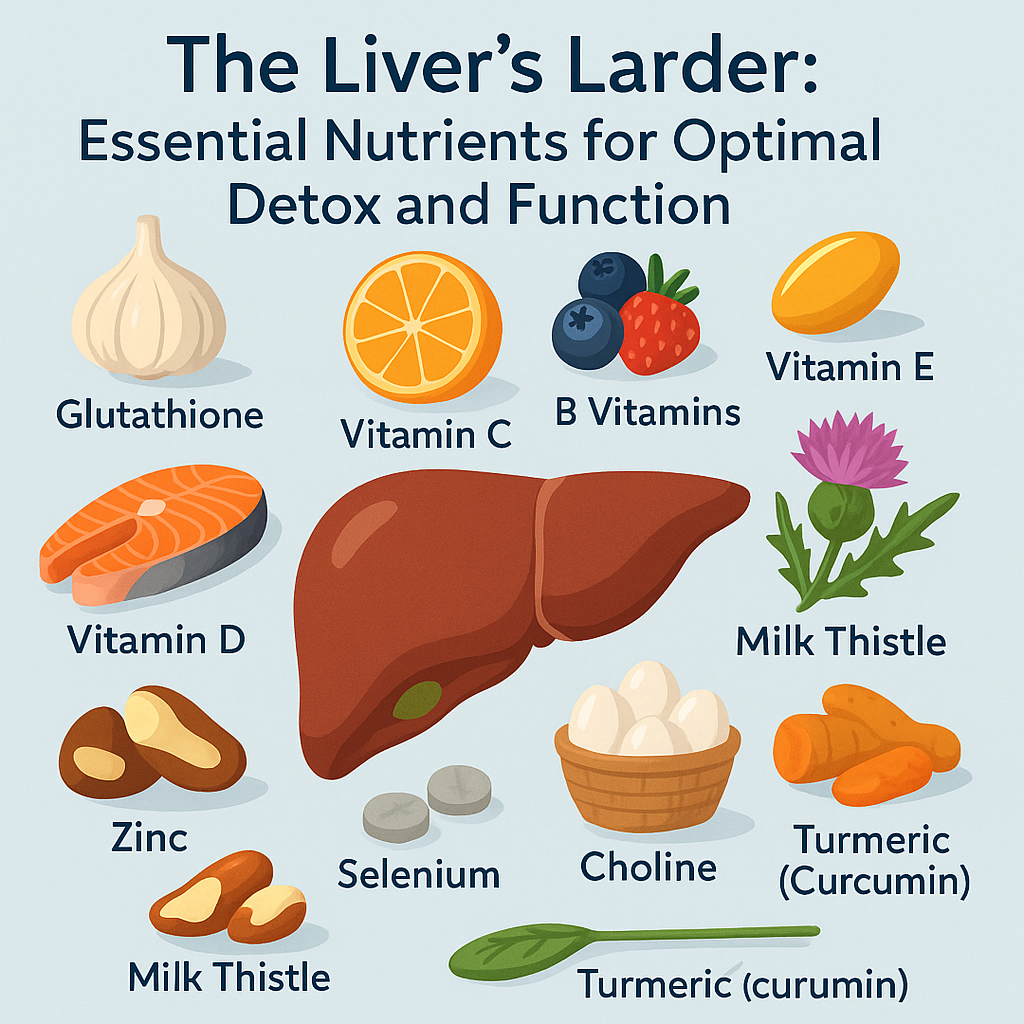News — curcumin
The Curcumin Paradox: Inhibiting Telomerase in Cancer, Protecting It in Aging
Curcumin, the vibrant yellow compound extracted from turmeric, has long been celebrated for its anti-inflammatory and antioxidant properties. But in recent years, scientists have discovered that its benefits run far deeper—down to the very architecture of our DNA. One of curcumin's most intriguing targets is **telomerase**, the enzyme responsible for maintaining **telomeres**, which protect our chromosomes like plastic tips on shoelaces. This dual action gives rise to what is now referred to as the **Curcumin Paradox**.
Here’s where things get fascinating: curcumin appears to **inhibit telomerase activity in cancer cells**, effectively slowing their uncontrolled replication. Yet in **normal, aging cells**, it helps preserve telomere length, potentially delaying cellular senescence. How can one compound play two seemingly opposite roles? That’s the paradox—and it’s one that may hold the key to both **anti-cancer therapies** and **longevity strategies**. In this article, we’ll unravel the science behind curcumin’s paradoxical impact on telomerase, and how to harness its benefits safely and effectively.
Curcumin and Epigenetics: The Molecular Science Behind Its Anti-Inflammatory Power
bioavailable curcumin curcumin curcumin anti-inflammatory curcumin epigenetics curcumin inflammation curcumin molecular biology curcumin supplement CurcuPEA+ DNA methylation curcumin epigenetic supplements histone modification microRNAs inflammation natural anti-inflammatory NF-kB inhibition Nrf2 activation palmitoylethanolamide turmeric turmeric and gene expression turmeric capsules turmeric complex turmeric health benefits
In the vast world of natural compounds, few have received as much scientific acclaim as curcumin—the golden pigment found in turmeric. Traditionally used in Ayurvedic and Chinese medicine, curcumin is now being recognized by modern science for its powerful anti-inflammatory effects. But what gives this ancient spice such a potent biological punch? The answer lies deep in the molecular realm—specifically in how curcumin interacts with our epigenome.
Epigenetics, the study of how lifestyle and environment influence gene expression without changing the DNA sequence, has revolutionized our understanding of health and disease. And curcumin stands out as a natural epigenetic modulator. By influencing DNA methylation, histone modification, and microRNA activity, curcumin can switch genes on or off, particularly those involved in inflammation and immune response. In this article, we'll explore how curcumin impacts the epigenome and unlocks powerful anti-inflammatory pathways that may help combat everything from arthritis to neurodegeneration.
The Longevity Vitamin: How PQQ Recharges Your Cells from the Inside Out
anti-aging supplements antioxidant ATP production brain health cellular energy coq10 synergy curcumin energy supplements healthy aging heart health inflammation control longevity vitamin mitochondrial biogenesis mitochondrial health neuroprotection omega-3 fatty acids pqq pqq dosage pqq safety pyrroloquinoline quinone resveratrol
Pyrroloquinoline quinone, or PQQ, is quickly gaining attention in the health and wellness world as the so-called "longevity vitamin." Though not officially recognized as an essential vitamin, PQQ’s powerful cellular benefits have sparked interest among scientists, biohackers, and everyday wellness enthusiasts. Its claim to fame? Supporting mitochondrial health — the tiny energy factories in your cells — and potentially slowing down the ticking clock of aging.
Unlike many supplements that work on the surface level, PQQ operates deep within your cellular machinery. It encourages the growth of new mitochondria, boosts antioxidant defenses, and helps cells produce cleaner, more efficient energy. This combination of effects makes PQQ a promising ally for not just better energy and focus today, but for healthier aging in the years ahead.
Tame the Fire Within: Natural Remedies to Reduce Inflammation
anti-inflammatory diet boswellia chronic inflammation curcumin exercise ginger green tea gut health hydration immune support magnesium natural remedies omega-3 probiotics quercetin reduce inflammation resveratrol sleep stress management vitamin D
Inflammation is a double-edged sword. On one side, it’s a vital defense mechanism that helps our bodies heal from injury and fight off infections. But when inflammation becomes chronic, it can turn into a smoldering fire that slowly damages tissues, disrupts normal functions, and contributes to a host of health issues ranging from arthritis to heart disease.
Fortunately, nature provides a wealth of tools to help us tame this internal fire. By understanding how inflammation works and incorporating natural remedies into our daily lives, we can support our bodies in maintaining a healthy balance, reduce discomfort, and prevent long-term damage. This comprehensive guide explores the best natural remedies to cool the flames of chronic inflammation and restore harmony to your system.
The Liver's Larder: Essential Nutrients for Optimal Detox and Function
antioxidant support B vitamins choline curcumin detox diet detoxification nutrients fatty liver prevention glutathione healthy liver foods liver detox liver function liver health liver protection liver support supplements milk thistle selenium silymarin turmeric vitamin C vitamin D zinc
The liver works tirelessly behind the scenes, performing over 500 vital functions to keep the body running smoothly. From metabolizing nutrients and regulating hormones to detoxifying harmful substances, this hardworking organ plays a central role in maintaining overall health. Yet, many people overlook how profoundly nutrition impacts liver function.
Like any well-functioning system, the liver requires a steady supply of specific nutrients to perform at its best. These nutrients fuel its complex detoxification processes, support tissue repair, and help prevent damage from oxidative stress. In this article, we'll explore the key nutrients that form the liver’s “larder” — the essential building blocks that nourish and protect one of the body’s most important organs.





